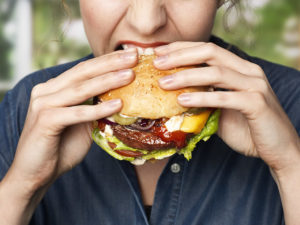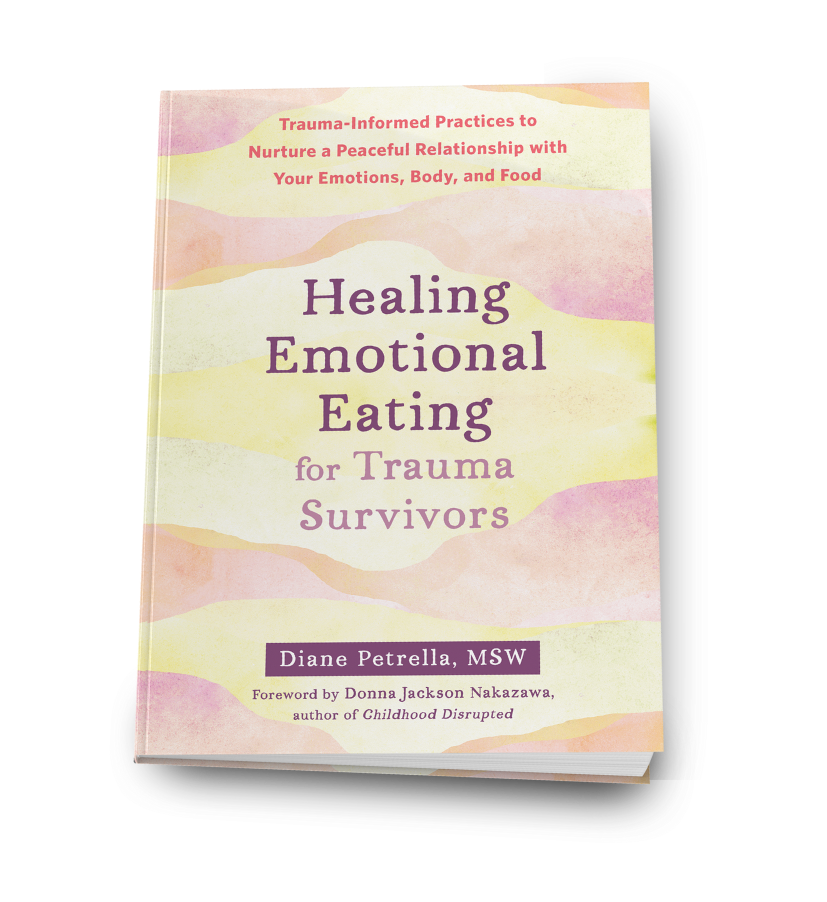Stress Eating: It’s About Your Brain (not the food!)
 Do you use food to cope when feeling upset?
Do you use food to cope when feeling upset?
And, were you abused and traumatized as a child?
If you answered yes to both questions, you’re not alone.
Research shows that people who experienced emotional, physical, or sexual abuse in childhood are twice as likely to have a food addiction in adulthood as those who were not abused. If you suffered abuse or other adverse childhood experiences growing up, chances are your ongoing emotional eating habits stem from this past trauma.
Many people who emotionally eat and want to release weight, look to weight-loss programs for help. These programs entice you to buy their food, follow their diet plan, and count points or calories. While they may be helpful to some degree, they cannot offer you a path to ending emotional eating if they don’t address the underlying reasons you use food to cope.
You may be surprised to learn that your continued struggles with emotional eating and coping with triggers most likely has little to do with food, although this is important. The deeper reasons behind your stress-related eating are neurological, rooted in your nervous system’s response to stress.
Let’s start with a mini crash-course on brain science and trauma that will help explain why you feel triggered to eat and perhaps hold onto extra weight. (more…)




 As I reflect on my life, I have lots of regrets. I sure wish I knew earlier what I know now because I would have done many things differently.
As I reflect on my life, I have lots of regrets. I sure wish I knew earlier what I know now because I would have done many things differently.


